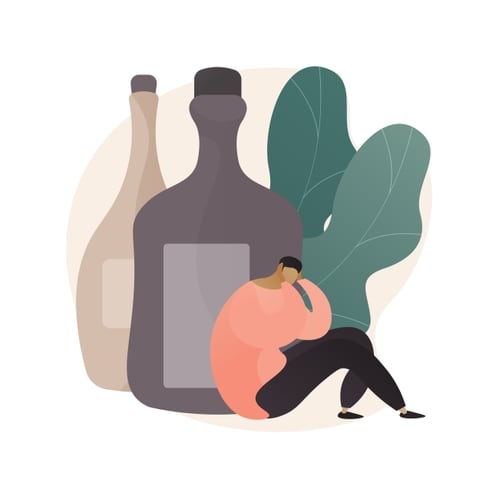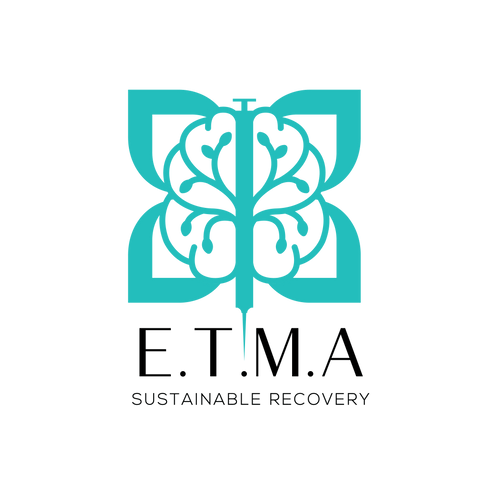What You Need to Know About Addiction

“Why don’t you just stop?” If you have ever heard, said, or thought this question regarding a substance addiction, this is proof that addictions are very misunderstood. If an effort to clear up some of the misunderstandings surrounding addiction, let’s look at 5 important things you should know about addiction:
1. Addiction is a brain disease
Someone with an addiction is facing something completely different than the average person resisting a second slice of cake for dessert. There is not a “cure” that releases the individual from ever having to deal with the addiction again. Addiction is a disease, and as is the case with most diseases, requires lifelong management.
2. Recovery from addiction requires lifestyle changes
In order to live free from addiction, many modifications will have to be made. An intervention team is key in helping individuals navigate a new life without substance abuse. Changes in living situations, time management, friend groups, etc. are 100% worth it for the freedom on the other side.
3. Becoming sober ≠ living sober
While stopping the use of the substance(s) is the first step, continuing to live sober is a lifelong process and not automatic after becoming sober. Ongoing resources and support are vital to prevent relapse.
4. Addiction often coexists with other mental health disorders
It is not uncommon for an individual struggling with a substance addiction to also struggle with another mental health condition such as depression, anxiety, bipolar, or post-traumatic stress disorder. These mental health disorders may be what led to substance abuse in the first place. Treatment for the whole individual is necessary.
5. Professional help is necessary
Becoming and living sober requires intervention from trained professionals. Now is the time to seek professional help to prevent further harm! Let your loved one know there is help available. You can talk to a professional at Solace Asia today.
6. Don’t blame yourself
This is not your fault and you cannot pretend that it is. Blaming yourself will only lead to unnecessary guilt that does not help you or them. Ultimately, they will have to take responsibility for their own actions in order to effect long lasting change.
7. Don’t try to fix them
You are not equipped nor in an appropriate position to cure your loved one of their struggle. Trying to do so could seriously damage your relationship and could even make matters worse. Most likely, professional help will be required. As their support system, the best thing you can do is guide them to the available resources that can help them effectively.
8. Don’t excuse their behavior
There is likely a strong temptation to make excuses for the poor choices of your loved ones. You may not want others to think negatively of them and you may want to protect their reputation, however making excuses may only help to cover up a deep rooted issue and delay the intervention needed to overcome the addiction.
9. Don’t have unrealistic expectations
While it would be nice if everyone lived up to our expectation, this is hardly ever the case. Placing expectations on your loved one will likely only lead to frustration for you and them. They will feel like they have let you down and you will be disappointed that success did not come how or when you expected. Try to encourage your loved on their journey with each baby step of progress along the way.
10. Don’t delay getting help
Now is the time to seek professional help to prevent further harm! Let your loved one know there is help available. You can talk to a professional at Solace Asia today by calling 012.885.4686.

